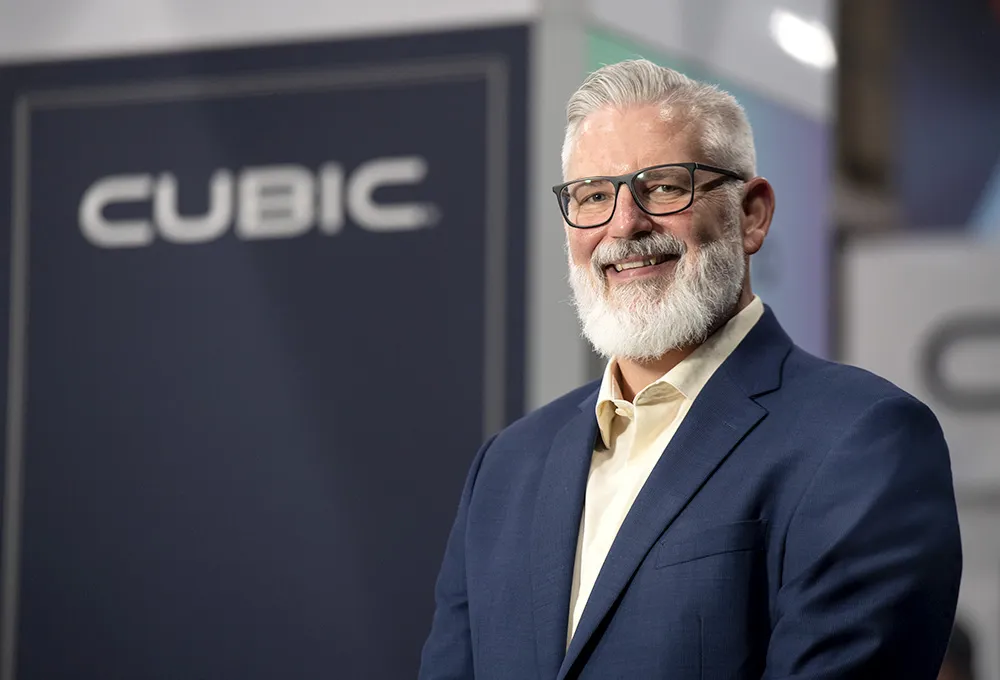Former US transportation secretary Ray LaHood says Congress needs to learn there’s more to transportation funding in the 21st century than building more roads and bridges. He urged smart transportation advocates attending the Smart City Council’s Smart Cities Now forum in San Diego this week to take their message to Congress. There are new people in Congress who are going to write a transportation bill, LaHood suggested, and if they don’t incorporate all of the smart technologies that the forum has
December 11, 2014
Read time: 2 mins
Former US transportation secretary Ray LaHood says Congress needs to learn there’s more to transportation funding in the 21st century than building more roads and bridges. He urged smart transportation advocates attending the Smart City Council’s Smart Cities Now forum in San Diego this week to take their message to Congress.
There are new people in Congress who are going to write a transportation bill, LaHood suggested, and if they don’t incorporate all of the smart technologies that the forum has highlighted in that legislation, he said, “then we leave America behind.”
The forum, held at Council Lead Partner213 Qualcomm’s headquarters in San Diego, was co-sponsored by the Intelligent Transportation Society of America (ITS) Leadership Circle. It featured a host of smart cities experts and public officials speaking on topics critical to cities.
LaHood, who served 14 years in Congress before his appointment as DOT boss, currently serves as co-chair of Building America’s Future, a bi-partisan coalition pushing for infrastructure investment. He told the forum that states are preoccupied with building roads and bridges while cities today are the incubators; they’re the ones implementing advanced technologies.
So it is cities and advocates of smart cities technologies who need to tell Congress what the new transportation bill they will write should include. And it’s not about cars, as young people moving into cities will tell you, he said. Going forward it’s about broad mobility options – and that must be part of the transportation funding debate in Washington. His worry is that it won’t be.
LaHood said Congress needs to provide the resources that will once again make America number one in transportation and number one in innovation “and it will only happen in you get involved,” he told forum participants.
There are new people in Congress who are going to write a transportation bill, LaHood suggested, and if they don’t incorporate all of the smart technologies that the forum has highlighted in that legislation, he said, “then we leave America behind.”
The forum, held at Council Lead Partner
LaHood, who served 14 years in Congress before his appointment as DOT boss, currently serves as co-chair of Building America’s Future, a bi-partisan coalition pushing for infrastructure investment. He told the forum that states are preoccupied with building roads and bridges while cities today are the incubators; they’re the ones implementing advanced technologies.
So it is cities and advocates of smart cities technologies who need to tell Congress what the new transportation bill they will write should include. And it’s not about cars, as young people moving into cities will tell you, he said. Going forward it’s about broad mobility options – and that must be part of the transportation funding debate in Washington. His worry is that it won’t be.
LaHood said Congress needs to provide the resources that will once again make America number one in transportation and number one in innovation “and it will only happen in you get involved,” he told forum participants.










